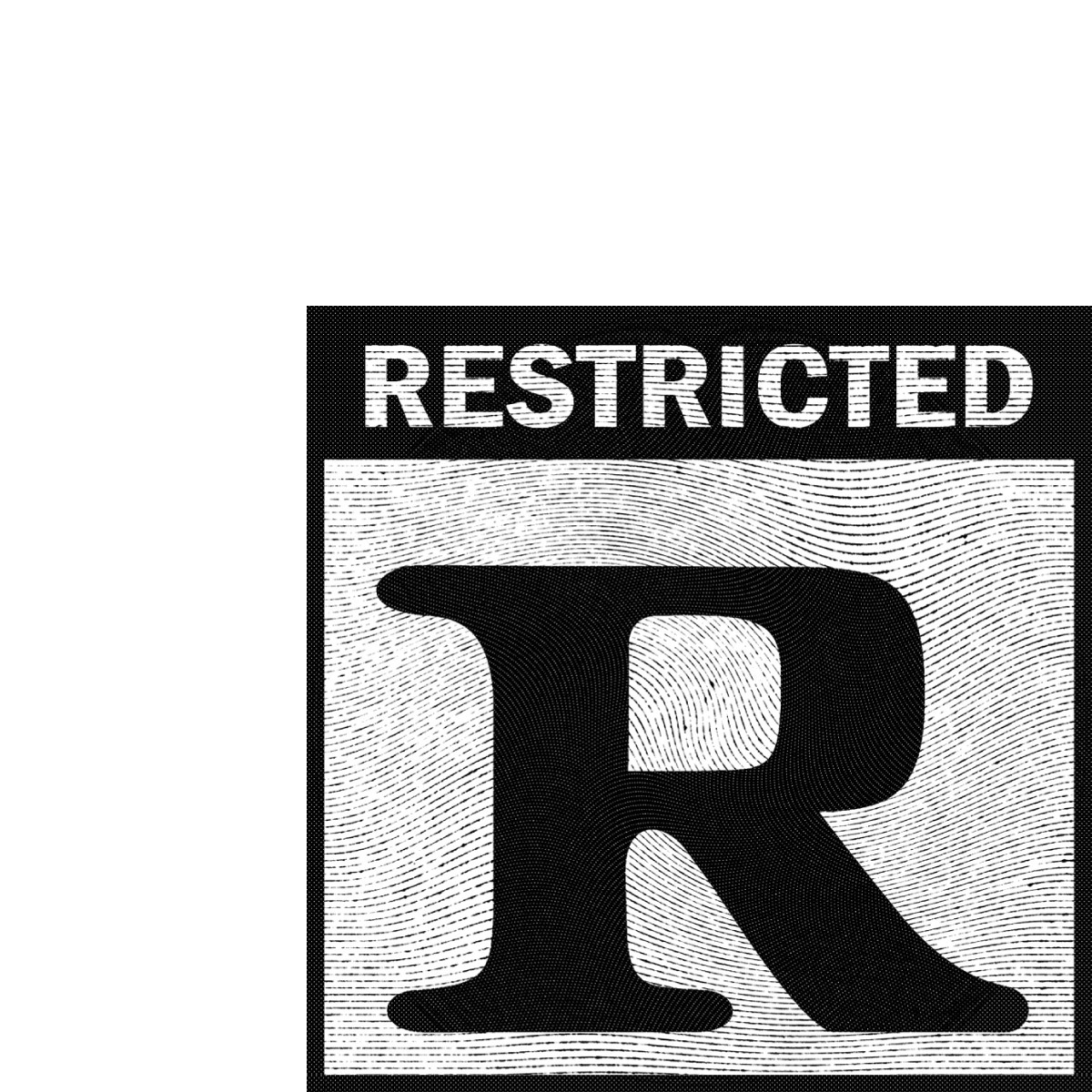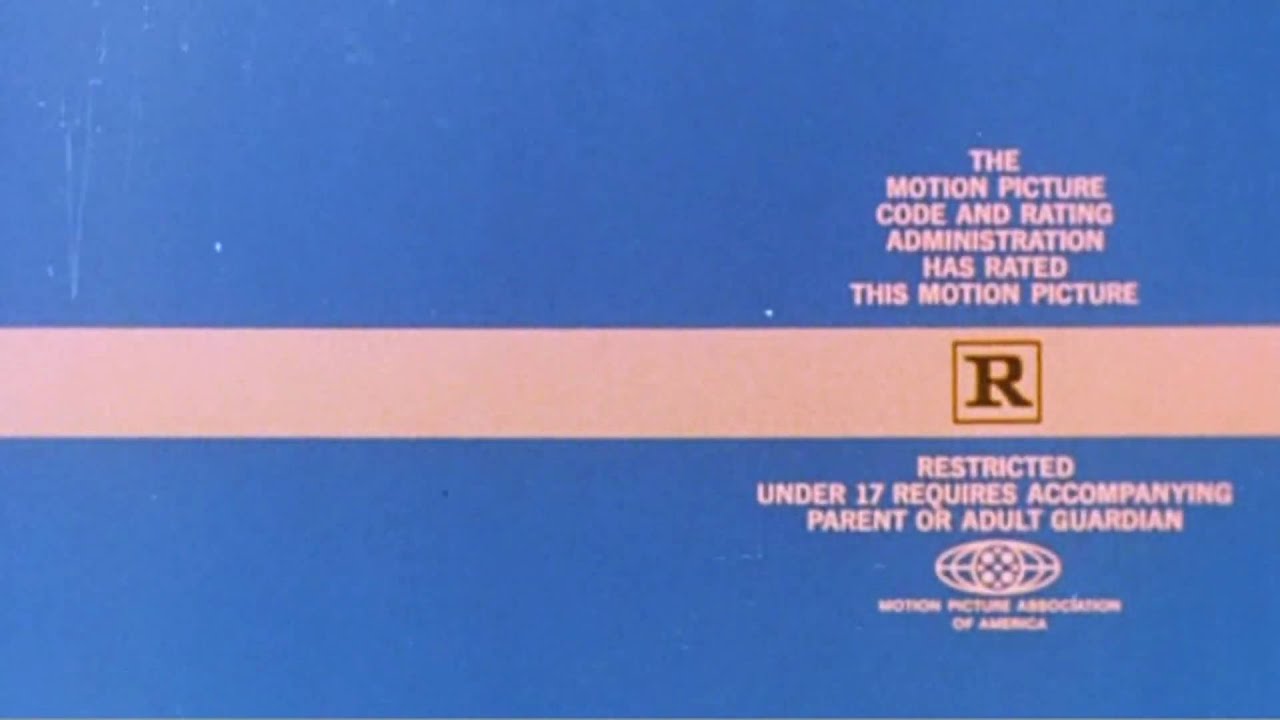R-Rated Movies

Do "good" Latter-days Saints avoid R-rated movies? Many in the Church gesture towards rules against consuming media with too-mature ratings, but where do those rules come from? Are Church leaders trying to control what we watch, or is this just a part of Church culture?
Is it against the Church rules to watch R-rated movies?
No, there is no specific policy against R-rated movies. However, Church leaders teach that we should avoid "anything that is not consistent with the Spirit"[1] and not view anything that is "vulgar, immoral, violent, or pornographic in any way."[2]
But was there a rule against R-rated movies in the past?
Sort of. In a 1980 BYU devotional, President Kimball said, "I would warn you against the [R-rated] movies,"[3] and in the April 1986 General Conference, President Ezra Taft Benson told young men, "Don't see R-rated movies."[4]

But even today, isn't there a cultural rule against R-rated movies?
Yes. Several Ensign articles have warned against R-rated movies.[5] Some Seventies have repeated the warnings against R-rated movies as well in varying contexts.[6] Orson Scott Card[BIO] also wrote about his experience—and the experience of other members with this cultural rule—after the Passion of the Christ came out. [7]
Didn't the For the Strength of the Youth Pamphlet explicitly call out R-rated movies at some point?
No. None of the For the Strength of the Youth Pamphlets have specifically mentioned R-rated movies.[8] Earlier editions warned against "salacious films" and "objectionable television,"[9] while later editions warned specifically against pornography and violence.[10]
So does the Church lean on a secular ratings system?
Not anymore. Older counsel sometimes referenced specific ratings,[11] but more recent counsel to young adults has stated that the prophet has not drawn a line.[12] This may in part be because the Church has become more worldwide, and rating systems aren't consistent for members outside of the United States.[13]
What qualifies a movie for an R rating in the United States?
Movies are judged by a board of the Motion Picture Association (MPA) referred to as CARA (the Classification and Rating Administration).[14] R-rated movies are considered to "contain some adult material."[15] Church leaders have cited this "adult material" in R-rated movies as a reason to avoid them.[16]
What about unrated shows?
Unrated shows have no warnings about the content they contain.[17] Some shows are unrated because they are a different cut of the film or contain deleted scenes and commentary that the MPA-rated theatrical release does not contain.[18]
What about a TV-MA rating?
TV-MA is approximately equivalent to R, but the ratings can vary.[19] TV shows are also rated by episode, so the rating can fluctuate throughout a show's run.[20]
Have R-rated movies "gotten worse" over time?
Studies have shown increases in violence, profanity, sexual content, and drug use in R-rated films from throughout the 1990s and into the early 2000s.[21] Criteria for movie ratings also change along with prevailing culture, sometimes referred to as "ratings creep,"[22] so the ratings may not be equal across time.[23]
Aren't some PG-13-rated movies "worse" than some R-rated movies?
Probably. In this context, Elder Lynn G. Robbins[BIO] referred to "ratings creep" and stated that the "cunning result of this creeping trend is that the 1986 R-rated movie has deceptively become a PG-13 or PG movie in 2013."[24]
Is it okay to fast-forward through the "bad parts" of a show?
The Church does not give specific guidance on the topic.[25] However, in the past, some have counseled against "justifications" for watching movies with inappropriate content.[26]
Why does the Church care what I watch?
The Church teaches that "just as your body is affected by what you eat and drink, your mind and spirit are profoundly affected by what you read, watch, and listen to."[27]
- Luke
“While it is not a commandment, I strongly believe in we are what we eat. both spiritually and physically. many movies that are not r rated aren't good. We must be careful and feed our spirits with light.” - Matthew
“It’s a better and more holistic guideline to say we shouldn’t watch movies with inappropriate content, regardless of what they’re rated. However, if it’s rated R there’s a good chance there’s content in it that would drive the spirit away and wouldn’t be good to expose yourself to.” - Josh
“The R-rating is a secular rating that is done by man. We shouldn’t “trust in the arm of flesh” (2 Nephi 4:34), but rather “trust in the Lord” (Proverbs 3:5-6). So, I think we should consider and ask what God would want whenever we are about to watch any rated movie.” - Bob B.
“I teach film courses at the high school level and have a masters in film studies. I teach a unit on the development of the rating system in America and its relationship to social trends, the Production Code, and censorship. My conclusion is that it is a pretty poor measure.” - Michael
“Good article. I've had to take the perspective that there are R-rated films that have value because of the history or cultural background they provide. Examples would be Schindler's List or Saving Private Ryan. Others simply tell a great story. The Shawshank Redemption is one.”



 about this topic
about this topic